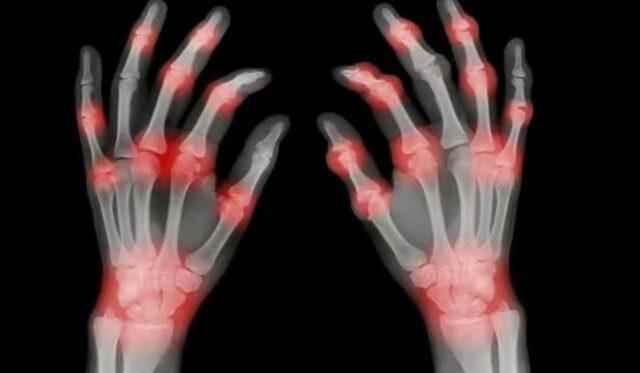There are many risk factors that cause a heart attack. Unhealthy life, stress and various diseases are among these risk factors. Atherosclerosis, known as atherosclerosis, is also among the risks that lead to a heart attack. Atherosclerosis develops insidiously from childhood and forms the basis of heart attack. Although the first symptom of this disease is thought to be a heart attack, experts have stated that more than 70 percent of people with the disease have unusual conditions in their hands and feet.
IT IS IMPORTANT TO BE AWARE OF THE SYMPTOMS
The reason for the changes in the hands and feet is that this degree of narrowing is accompanied by a significant reduction in blood flow to the heart. However, understanding how the various stages of narrowing arteries occur is of paramount importance for early diagnosis. These may include:
SYMPTOMS OF ACULAR HARDNESS
- forearm fatigue
- non-healing wounds
- cold skin
- A stinging or tingling sensation in the arms
- hand pain
In addition to foot and leg problems due to reduced blood flow, individuals may also notice obvious symptoms while exercising. For example, shortness of breath or chest pain during physical exertion may indicate that the arteries are struggling to accommodate the increase in blood flow. Sometimes people can live for months or even years with a complete blockage in their arteries without showing any symptoms.
MAY CAUSE DEATH

Sometimes, if an artery is completely blocked, a new blood supply will form around the blockage. However, this new duct is unlikely to supply enough blood to the heart and will likely lead to the same symptoms of chest pain and shortness of breath. “If you have symptoms, a stress test can help determine whether they are due to a block in an artery or something else.” Asymptomatic disease progression can not only cause heart attacks to occur, but also cause unstable angina pectoris and sudden cardiac death.
IT IS IMPORTANT TO HAVE A REGULAR BLOOD TEST
Research led by the North American Society of Radiology suggests that asymptomatic atherosclerosis is a major risk factor for cognitive impairment. Various studies have emphasized the importance of identifying atherosclerosis in the early stages. Having regular blood checks for cholesterol, triglycerides, and lipoproteins is one way to prevent long-term damage to vital organs.
